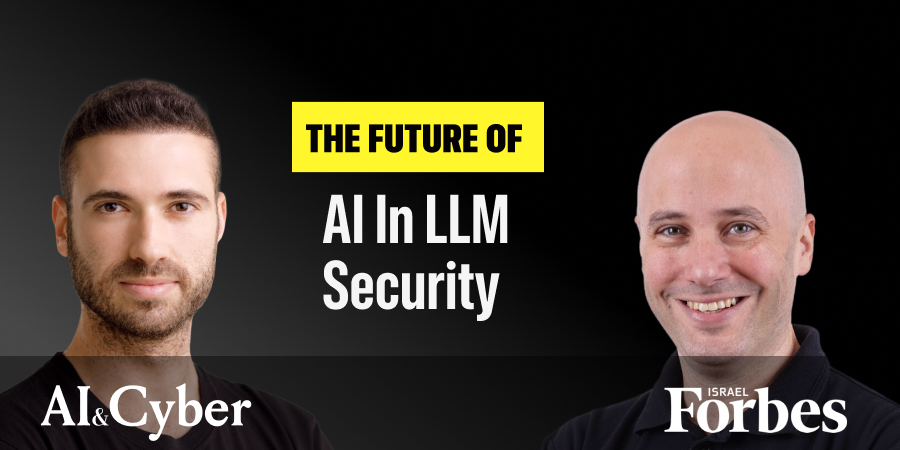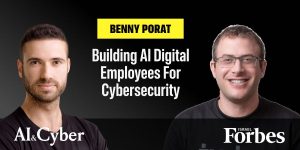The arrival of Generative AI marks perhaps the fastest and most dramatic technological change we’ve ever experienced, reshaping cybersecurity at a pace most organizations are unprepared for. A recent conversation with Elad Schulman, CEO and Co-Founder of Lasso, reinforced my understanding that organizations must rapidly adapt to this new reality, where threats evolve continuously and at an unprecedented rate.
Schulman, a seasoned entrepreneur who founded and sold the cybersecurity company Segasec to Mimecast, emphasized that upon entering the Generative AI world about two years ago, it felt like stepping into a “new Wild West.” “You need a new sheriff to catch the bad guys,” he noted. This metaphor aptly captures the significant challenge organizations face today as traditional security models, built on static defenses and rigid tools, can no longer handle the dynamic, AI-driven threats.
What’s particularly striking about this transformation is the aggressive adoption of AI tools by employees themselves, without waiting for formal approvals or clear organizational policies. As Schulman explained, “Employees didn’t wait for policy or enforcement; they simply started using these tools because they are extraordinarily effective.” Such rapid, unsupervised adoption poses significant security challenges, from sensitive data leaks to exposure to new risks previously nonexistent.
Lasso’s approach, under Schulman’s leadership, focuses on providing organizations with comprehensive visibility into employees’ use of AI tools. Instead of attempting to block the technology, their strategy enables safe and efficient AI adoption. “Security shouldn’t prevent usage but enable it,” Schulman emphasized. “We must help employees elegantly recover from mistakes rather than just block them.”
This approach represents a substantial shift from traditional security methods, which typically create user friction, harm productivity, and ultimately lead employees to circumvent policies. Organizations restricting AI usage risk undermining their competitive edge. Conversely, adopting this technology without adequate security exposes them to significant new vulnerabilities.
Beyond security challenges, AI also opens new defensive opportunities. At Lasso, AI is employed to provide organizations immediate and active visibility into internal data flows, quickly identify threats, and neutralize them. “We are not just creating another security tool but an entire platform enabling organizations to adopt AI safely,” Schulman said.
From my perspective, we stand at a critical juncture. AI adoption is no longer optional—it’s already here, fundamentally changing the nature of work and security. Organizations strategically integrating AI within their security frameworks will secure a considerable competitive advantage. Those hesitant to do so will find themselves increasingly vulnerable to attacks leveraging precisely these technologies.
As Schulman candidly summarized, “We are still learning as we go. Ignoring these changes simply isn’t an option. The technology evolves nearly every week.” In my view, this agile, adaptive, and proactive approach is precisely what cybersecurity leaders must adopt immediately.
Michael Matias is CEO and co-founder of Clarity, an AI-powered cybersecurity startup backed by venture capital firms Bessemer Venture Partners and Walden Catalyst. Clarity specializes in developing AI-driven technologies that protect organizations against sophisticated phishing attacks, including deepfakes and AI-generated social engineering threats. Before founding Clarity, Matias studied Computer Science (specializing in AI) at Stanford University and led cybersecurity teams for several years in the IDF’s elite intelligence unit, 8200. Forbes Israel recognized Matias at a young age, selecting him for the exclusive 18Under18 list in 2013, and three years later he was named to Forbes 30Under30. Matias authored the book “Age is Only an Int” and hosts the podcast “20MinuteLeaders.”





